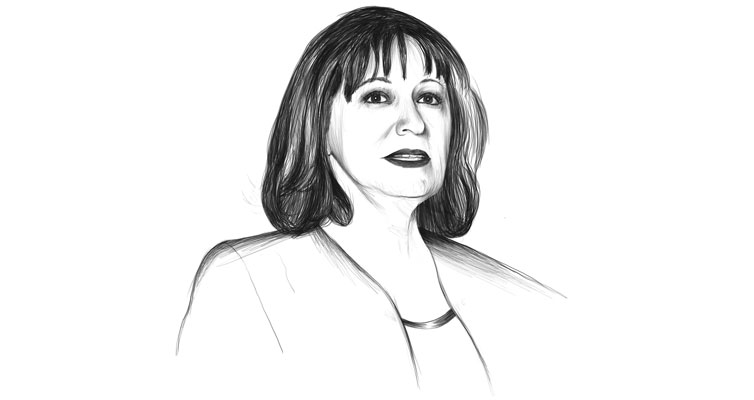Guest article from Jordan
Tolerance – the jordanian way

Human culture bears the marking imprint of diversity, since it is representing a plurality of beliefs, conducts, languages, religions, laws, arts, technology, mores, traditions, customs, and economic and political systems. Therefore, adherence to one group does not at all imply the absence of others. Neither does it imply their disparagement. To better represent our own group, we should respect other identities if we seek to make our own the focus of their respect. In view of this, the state should, when there are different cultural groups within its framework, make each of those groups feel that it is part of the system, and that it is represented by the state. This should be done through the fair distribution of gains, in addition to guaranteeing the freedom of belief and thought.
In Jordan, we find the social fabric to be culturally diverse whether that is in religious or ethnic aspects. There is a religious and an ethnic majority, yet we have never heard of the existence of minorities in Jordan in the usual sense. And that is the primary indicator of this existing diversity, formulating a collective identity, the Arab Islamic human identity of the state. This would not be the case if laws had not been open to the wider horizon of this identity.
Support for civil society
Thus, the freedom to express cultural identities is available and in fact supported by laws and acceptance. And we find Jordanians providing an exemplary model of such acceptance. No incident of disapproval of special cultural practices was ever recorded. On the contrary, idealistic cases of appreciation of such diversity are steadily witnessed.
The Ministry of Culture provides all possible support to many teams, clubs and civil society institutions affiliated with religious groups, racial ethnicities, or special cultural components. Any researcher can refer to the Ministry’s website to see the cultural bodies coalescing within that framework. From the culture of the subtropical steppe and the desert, to the culture of the city passing through all forms comprising the Jordanian social fabric – these cultural bodies are guaranteed the right to express the specificities they represent, with the only restraint of respecting the privacies of others as guaranteed by the law.
Sustainable development need inclusiveness
Hence, the protection of all forms of cultural expression means providing a suitable atmosphere for human interaction and for unleashing the energies of individuals, groups and nations in human development. Otherwise, we are led into reclusive shells, in pursuit of racial, social, and cultural purity. Consequently, the forces of human development are disabled and sidetracked by forces of evil and backwardness.
Sustainable development has many definitions, all of them, however, converge on two points: inclusiveness, and the pervasion that follows necessarily from the word ‘development’; and the right of future generations that follows necessarily from the word ‘sustainable’. Development is to be pervasive in the sense of achieving conformity between economic, social, and cultural development: expanding cultural horizons to be able to create a true partnership across generations in managing the gifts of nature, and a true partnership between humans despite differences in culture. Subsequently, sustainable development and cultural diversity consolidate or frustrate each other. Thus, disabling any part of society is bound to cause a defect in development. Development is only genuinely sustainable when everyone is able to contribute.
Lana Mamkegh is Jordan’s Minister of Culture. A qualified journalist and author, she is a vocal supporter of cultural diversity in her own and other countries.
published in akzente 1/16
The value of difference
Essay: Cultural Diversity
Diversity wins
Infographic: Diversity
Customer diversity
Business and diversity



